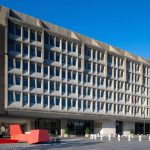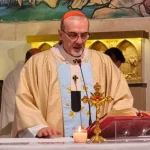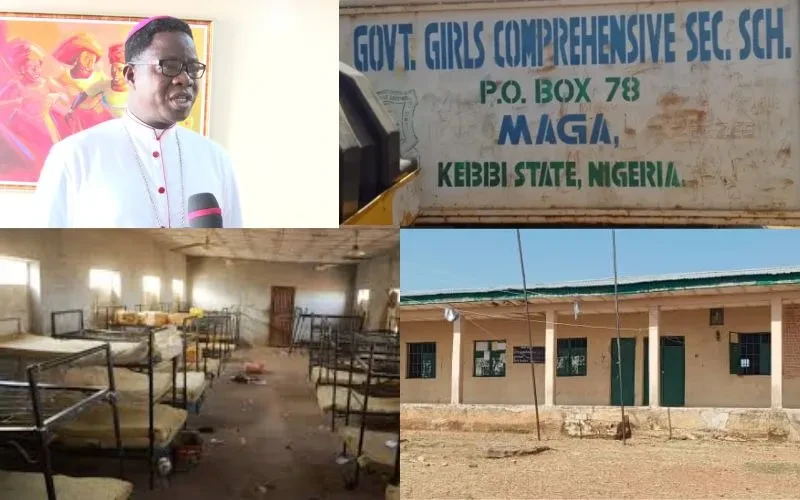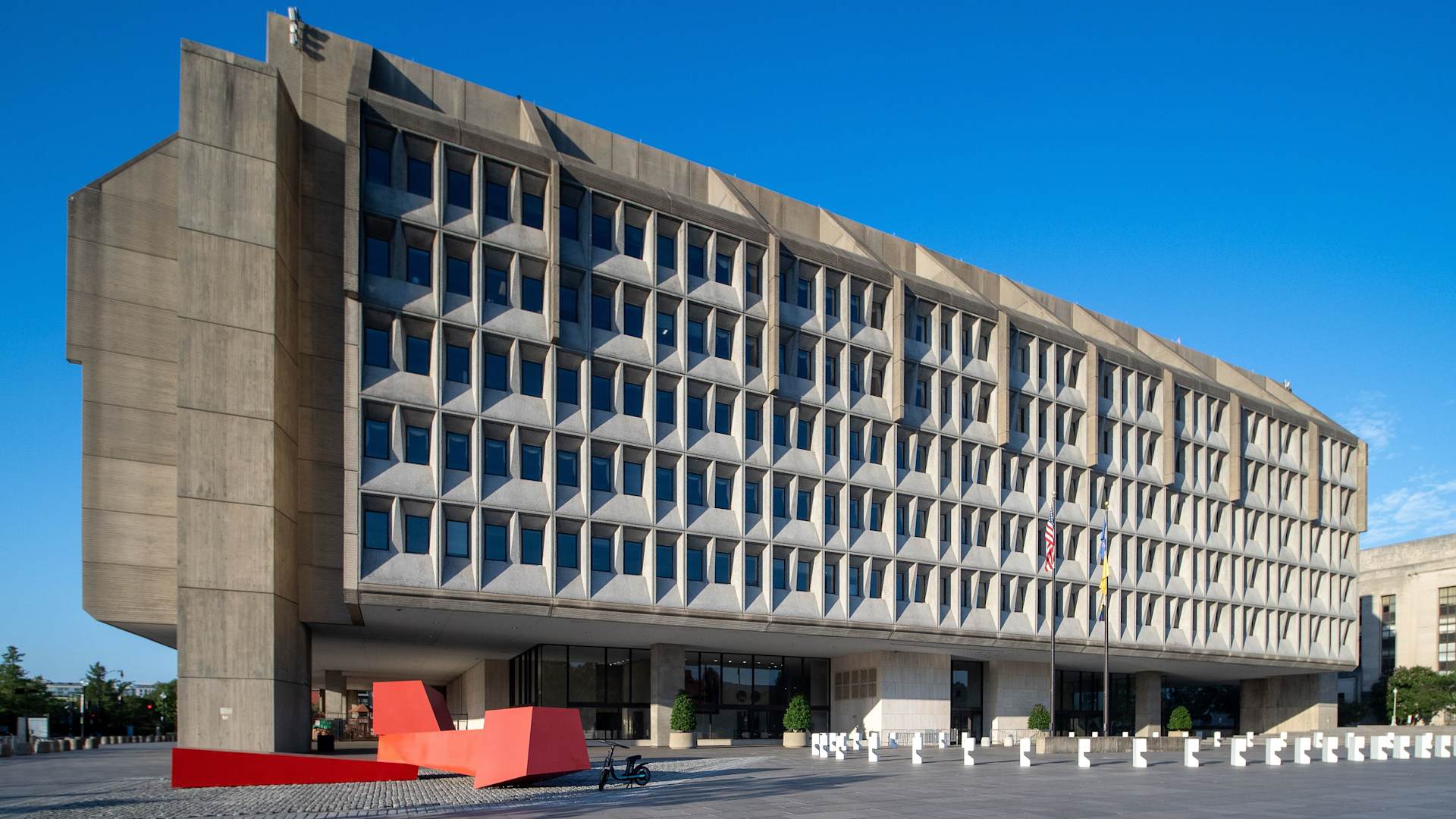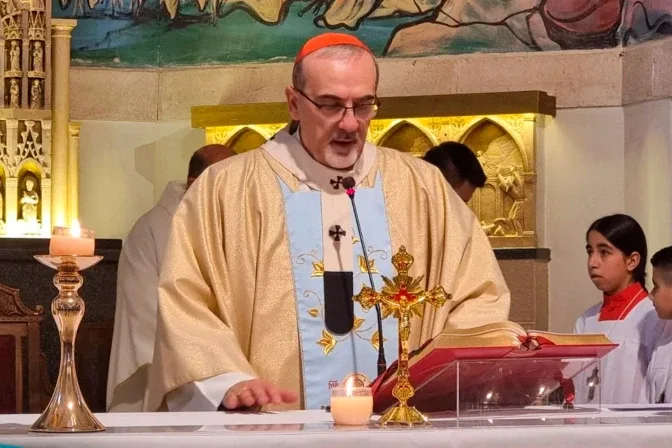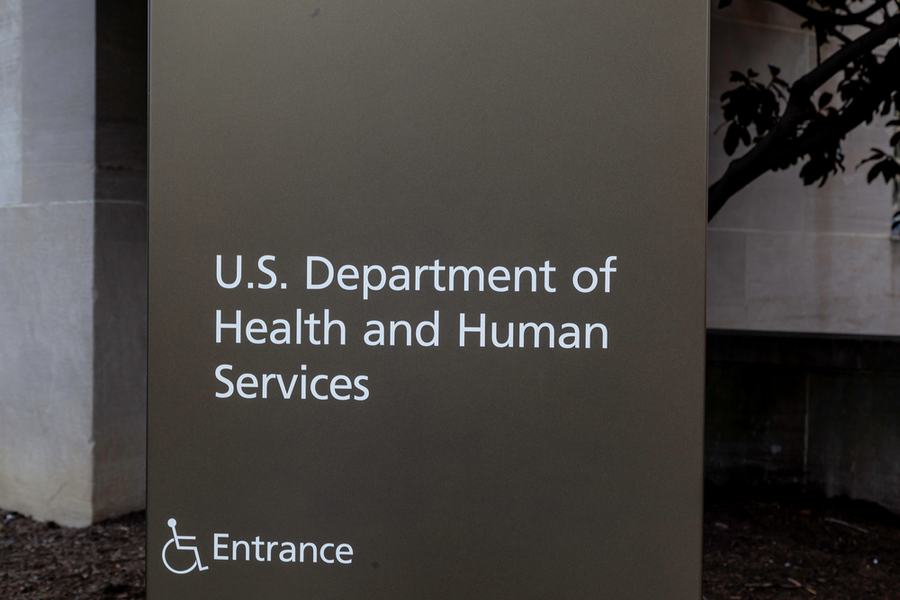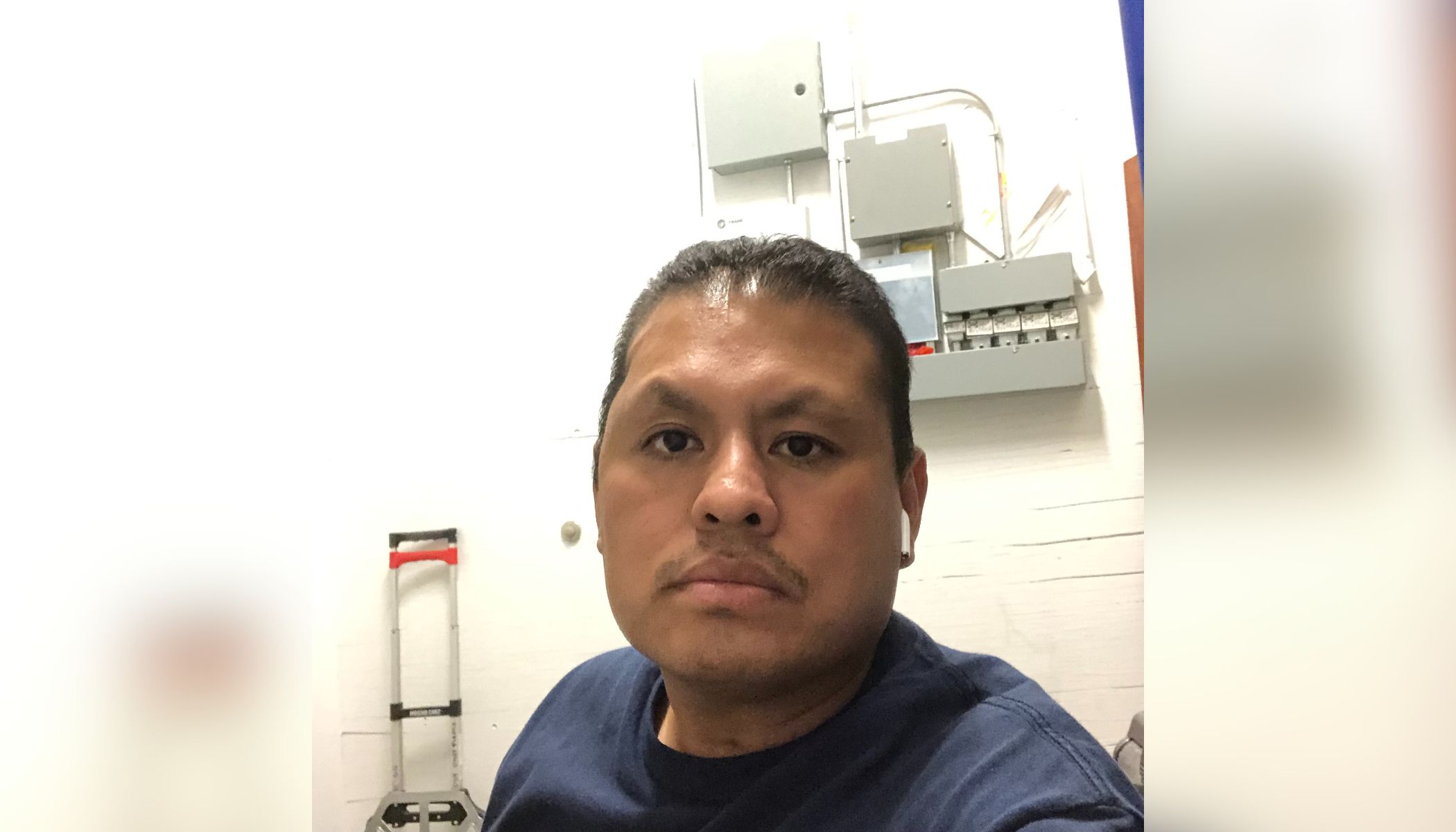
Bishop Bulus Yohana Dauwa of Nigeria’s Diocese of Kontagora. In an interview with ACI Africa on Tuesday, Nov. 18, 2025, Dauwa described the recent kidnapping of 25 schoolgirls is a tragic reminder that the country is no longer “safe for its children.” / Credit: ACI Africa/Catholic Diocese of Kontagora
ACI Africa, Nov 21, 2025 / 13:40 pm (CNA).
Bishop Bulus Yohana Dauwa of Nigeria’s Catholic Diocese of Kontagora has raised concern about the safety of children in the West African country following the Nov. 17 abduction of 25 schoolgirls from Government Girls Comprehensive Secondary School in Maga, Kebbi state.
In an interview with ACI Africa, CNA’s news partner in Africa, on Tuesday, Dauwa described the incident as a tragic reminder that the country is no longer “safe for its children.”
The bishop told ACI Africa that he had gathered eyewitness accounts of the attack from victims who endured horrific scenes for nearly five hours, from 1 a.m. until 6 a.m., on the day of the attack.
An eyewitness told Dauwa that trouble began on Sunday, Nov. 16, when a suspicious group of men believed to be soldiers entered the school premises. They entered the school at around 4 p.m. — about 15 of them — on motorcycles and a van, wielding guns.
The soldiers ransacked the place without telling anyone what was happening. Staff reportedly retired to their quarters after the soldiers left.
In the early hours of Monday morning, armed bandits stormed the school and began shooting into the air. The attackers proceeded to the residence of a staff member, Mallam Hassan Yakubu, whom they found praying. They shot him dead on the spot. After his wife refused to show them where the students were sleeping, the gunmen seized one of her daughters and forced her to lead them to the hostel.
The gunmen fired repeatedly for nearly five hours, from 1 a.m. until 6 a.m., and left before soldiers returned to the scene.
It was only after the gunmen had fled that security personnel instructed teachers to conduct a roll call, during which the missing girls were discovered.
The school, a home to around 300 students and normally guarded by a combined team of soldiers and police, has been shut down indefinitely. It remains unclear whether the security personnel normally stationed there were present during the attack.
Dauwa described the abduction as part of an escalating wave of violence sweeping across Kebbi and parts of Niger state.
“It has never been this bad. People sleep in the bush because they have nowhere else to run,” he said.
He encouraged the parents of the abducted girls to remain prayerful and hopeful.
“We are praying that God will guide and protect these girls wherever they are. The government must do everything possible to bring them back. All of them will come back alive,” he said.
Beyond the kidnappings, the 54-year-old bishop highlighted decades-long challenges Christian communities face in the region, including what he called “silent discrimination and persecution.”
He said efforts by the Church to buy land, build parishes, or open schools are frequently resisted.
“Christians have been enduring what I call silent persecution. They stopped us from building our school and churches. They claimed our land was too close to their mosque, and every planting season, they would break the boundary,” Bulus said.
He revealed that in some instances, communities deliberately built mosques directly in front of donated church sites to frustrate Christian worship.
“We suffered for more than 10 years trying to open one parish,” Dauwa told ACI Africa.
According to the bishop, a breakthrough eventually came after intense prayers to St. Padre Pio. The local emir, bedridden abroad, unexpectedly called and ordered that all withheld land documents be released to the Church.
“It was a miracle,” Dauwa said, recalling the emir’s move, and added: “That very day, they gave us every paper they had denied us.”
The bishop described the security situation in his diocese as “terrible,” citing attacks across Kebbi, Magama, Mariga, and several communities along the River Niger.
“They entered one of our outstation churches, and everybody ran into the bush. There was no time to do anything,” he said.
Dauwa faulted government officials for focusing on political debates rather than taking decisive action to protect citizens.
“If the government had done enough, we would not be where we are today. Instead of facing reality, they are debating whether Muslims or Christians are being killed. That is not the main issue,” the bishop said.
He warned that politicians appear more concerned about the 2027 elections than the ongoing violence.
“They are more interested in 2027. Security is not their problem, but how to win the elections,” he said.
The bishop disclosed that he had recently met with the Niger state governor and urged him to tell the president that security must come before politics.
“Let him do something about the insecurity. That is the best way he can campaign now,” Dauwa said.
This story was first published by ACI Africa, CNA’s news partner in Africa, and has been adapted by CNA.


